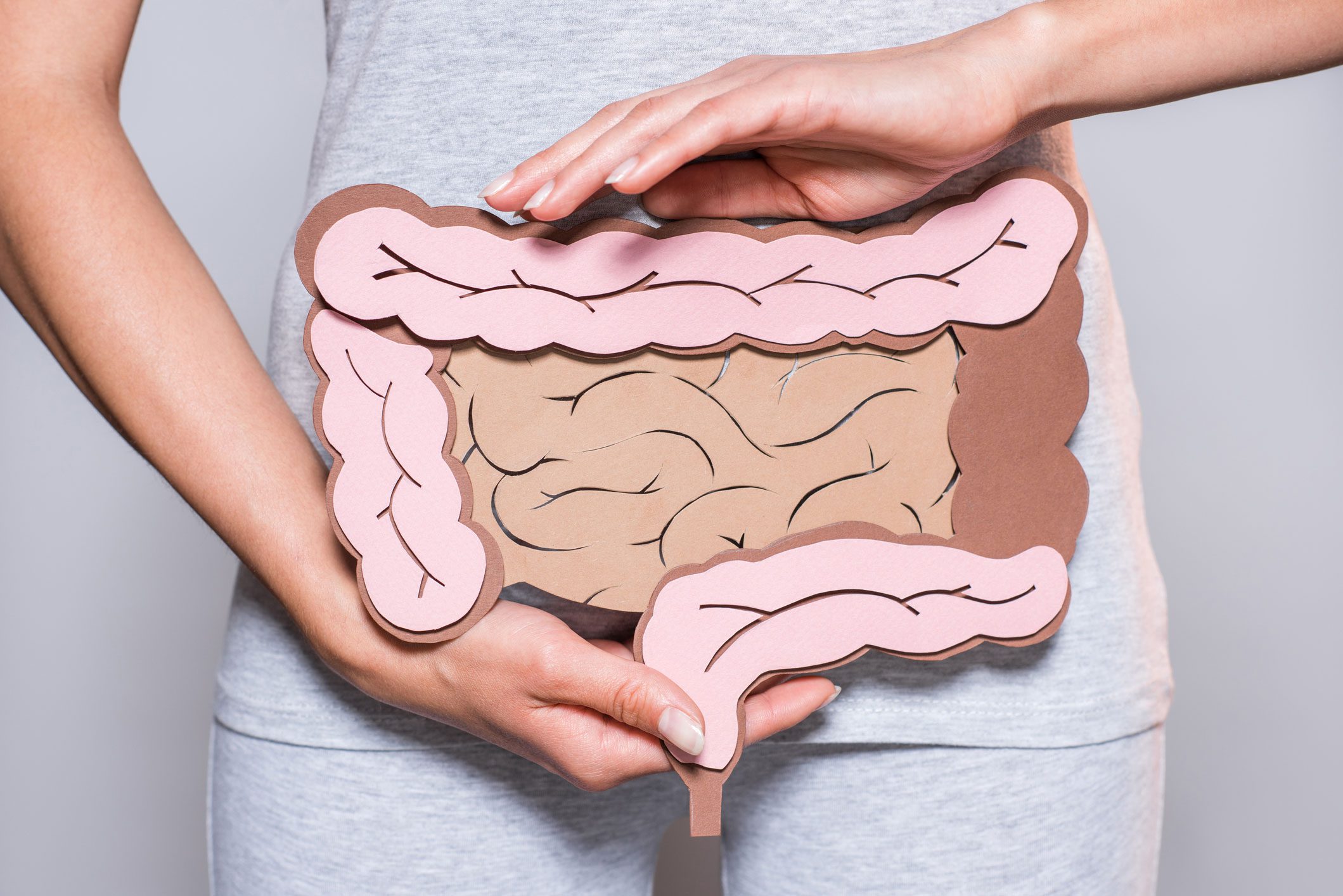The health of your gut impacts the body in ways that extend far beyond the gut itself. Wondering how that’s possible? To start, you’ll need to understand that the human gut (or digestive tract) contains trillions of bacteria. These bacteria are commonly referred to as gut flora or gut microbiota. They’re also part of something called the gut microbiome, which has tremendous impacts on the health of our entire body. These gut microbes are important for so many reasons—they help us digest and obtain energy from food. And they also help out in many other ways, impacting our brains, hearts, immune systems, and more.
Here are some ways your gut bacteria can impact your health:
Digestive Health
Many of the microbes in your gut are forms of good bacteria that help with digestion, nutrient absorption, and more. But when the gut’s bacteria fall out of balance, you can experience various gastrointestinal problems. These problems include irritable bowel syndrome and Crohn’s disease.
Obesity, Weight Gain, and Diabetes
Gut bacteria plays a role in the body’s metabolism, and there could be an increased risk of diabetes and obesity when gut bacteria levels become imbalanced. Researchers are looking into how signals from the gut affect metabolism and contribute to problematic health conditions like Type 2 diabetes.
Brain Health
The brain and the gut have a strong connection, which is why some people feel sick to their stomach under stress. In fact, the brain and the gut send signals to one another all the time. For this reason, problems with your gut or gut bacteria can contribute to anxiety, depression, or stress. But at the same time, these sorts of conditions can also cause problems in the gut. Some researchers believe that the gut also may have an impact on chronic pain and possibly even mood and behavior.
Heart Health
Researchers have found that when we consume foods like eggs and red meat, it’s problematic for our digestive tract. Certain types of gut bacteria convert the nutrient, choline, into a problematic substance called trimethylamine N-oxide (TMAO, for short). Unfortunately, elevated levels of TMAO can contribute to a higher risk of stroke, blood clots, and other conditions.
Another study on lab mice found that gut microbes may play a role in helping repair damage from heart attacks by regenerating tissues, but this needs further research before we have a better understanding of whether this may be consistent in humans.
The Immune System
The gut helps build and boost the body’s immune system and even helps protect against infection by communicating with immune system cells. A study from 2018 found that a baby’s gut bacteria varies depending on whether they are breast or formula fed, and that these bacteria can then impact their immunity. Babies who were breastfed tend to have healthy gut microbiota and may be more resistant to some adverse health conditions. Researchers believe there may even be a connection between a healthy infant gut microbiota and the ability to protect against health conditions like obesity and diabetes later in life.
There are many ways to improve your gut microbiome, including eating a wide variety of vegetables, high-fiber foods, and fermented foods. Taking probiotics and limiting antibiotics can also be beneficial.
A lot of research is happening in this area and much more remains before definitive conclusions can be made on many of these topics. Although, the connection between gut health and human health is clear, and researchers are constantly learning new ways how gut health is influencing the health of other parts of our bodies.
If you would like to meet with a knowledgeable doctor, consider contacting Women’s Health Arizona. As Arizona’s largest ObGyn group, we’re trained and solely dedicated to delivering the best ObGyn experience in convenient and comfortable settings around Phoenix.

